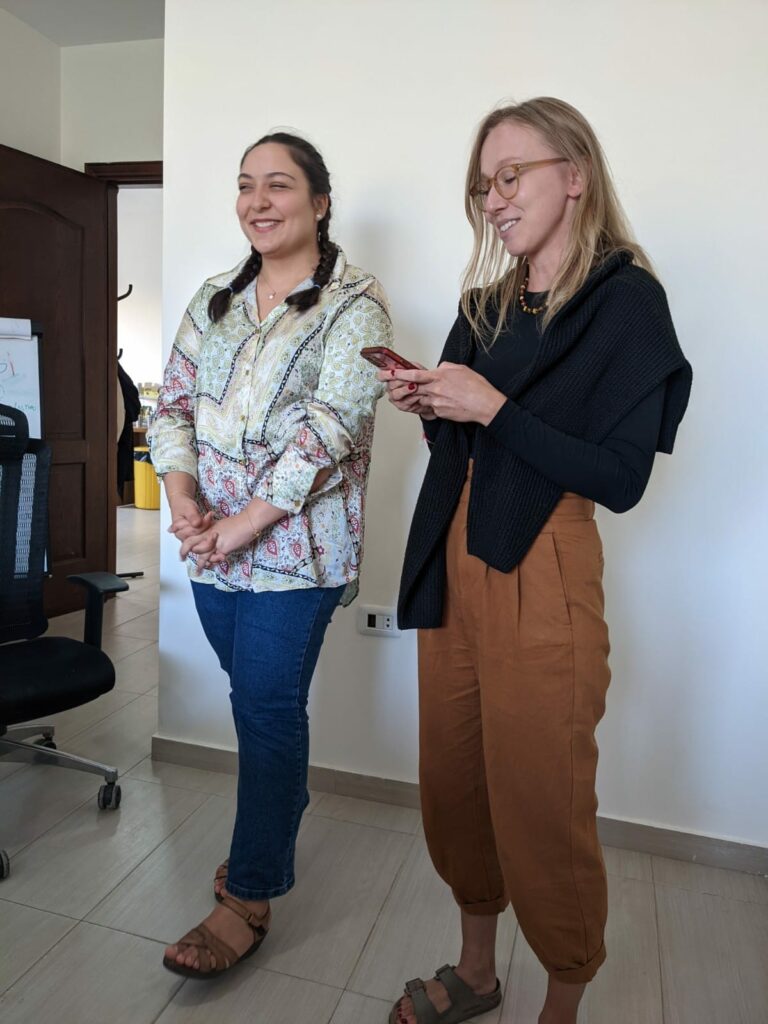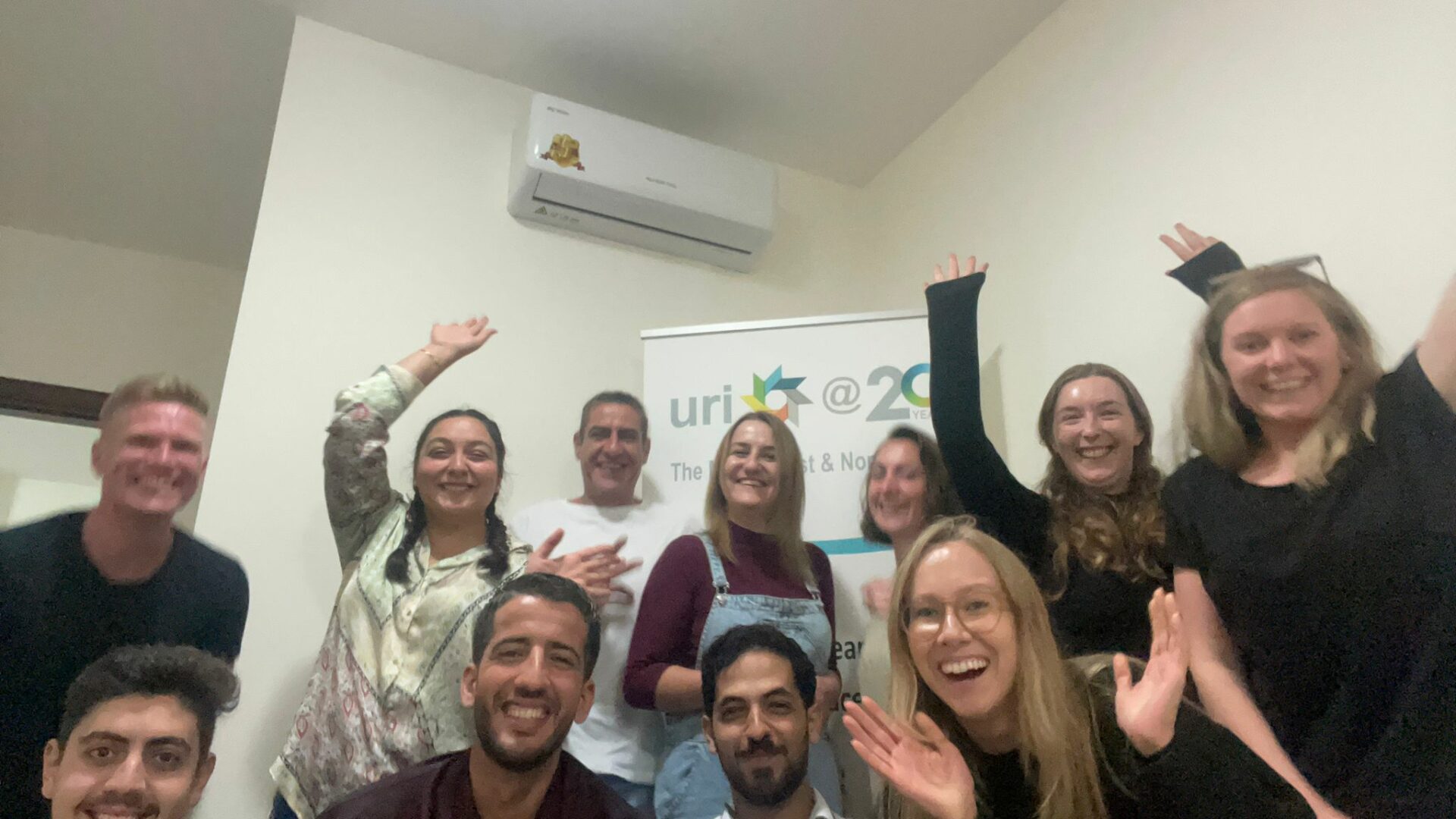On the 22nd of October, URI MENA hosted the fourth event of its cultural café month in October. Within this last cultural café with an expert speaker, we learned all about writing a good article and why high-quality journalism matters during the “pandemic of fake news”. For this event, Batool Ghaith was invited to share her passion for journalism. Batool is a reporter for The Jordan Times, the first and officially English newspaper in Jordan. For the cultural café, she presented the most important things to know when writing a good journalistic article and the danger of fake news as well as how to spot them.
How to write a good journalistic article?
In order to write an informative journalistic article, Batool shared her most important advice, which she has worked out for herself over the years of her work as a journalist. First, try to make it short and informative as longer articles tend to not be read by most people. Second, be aware that you include all the five “W-questions” in your article: What happened? With whom? Where? When? And why? Third, have a consistent structure in your article. The title should already cover the five “W-questions” to gain the interest of the readers. To maintain the interest of the readers, write the most important information already in the first paragraph and afterward the backup information. As one of the most important points, Batool pointed out the use of many different sources to avoid biases and – for sure – fake news. The more sources the “merrier”. Furthermore, it is essential to check the liability of your sources. Finally, through all the points mentioned above, being neutral in your article is the most important aspect in her opinion.
And how to spot fake news?
Although fake news always existed in the history of humanity, with the emergence of social media and especially during the Covid-19 pandemic we experienced a high rise of fake news. Therefore, it is essential to always check where the information is coming from and be critical when being confronted with highly emotional headlines. The following video helps you to become a digital detective and spot fake news easier:
While talking about these important topics, the participants shared their own experiences with fake news and how to check the reliability of an article. Our discussion showed that we all had experiences with fake news and the importance of learning new strategies to deal with them.

Check out our Cultural Cafe Session with external speakers:
- Mini Workshop about How to write Poems
- Mini Workshop about How to tell a great Story
- Mini Workshop about How to live sustainable vegan.
